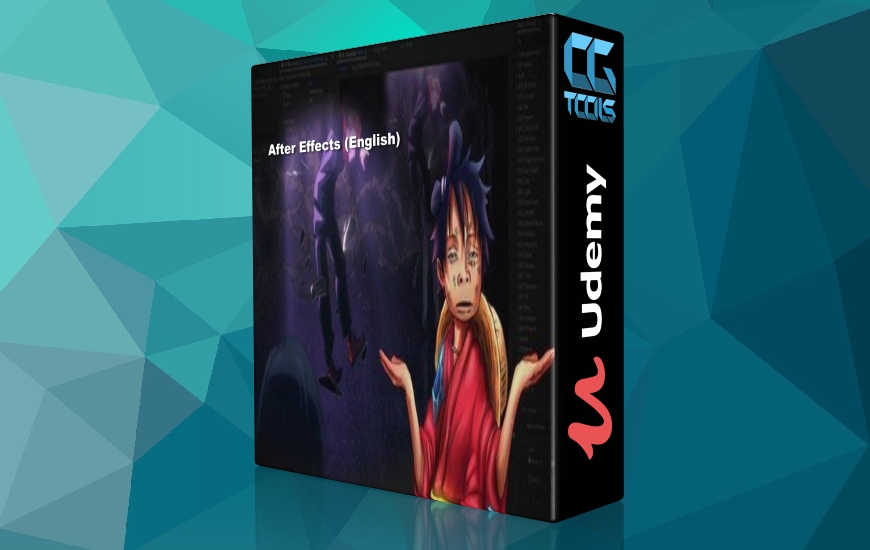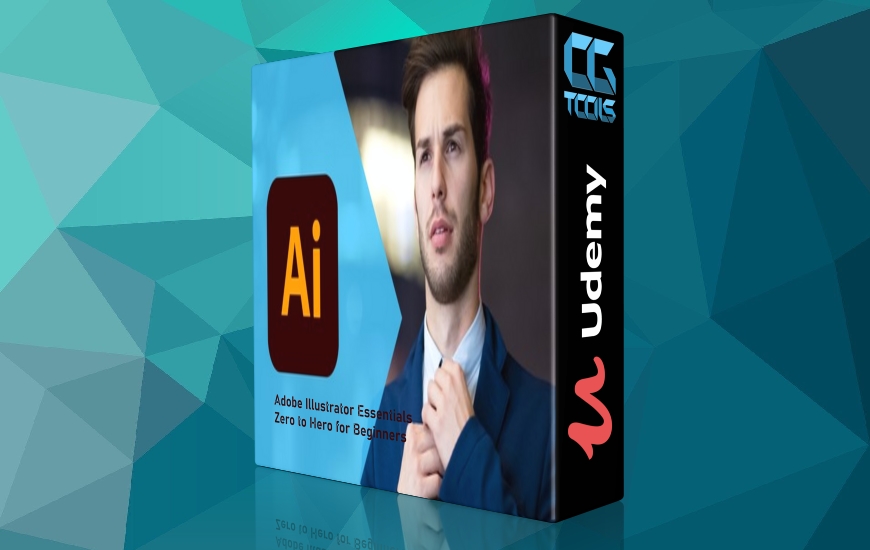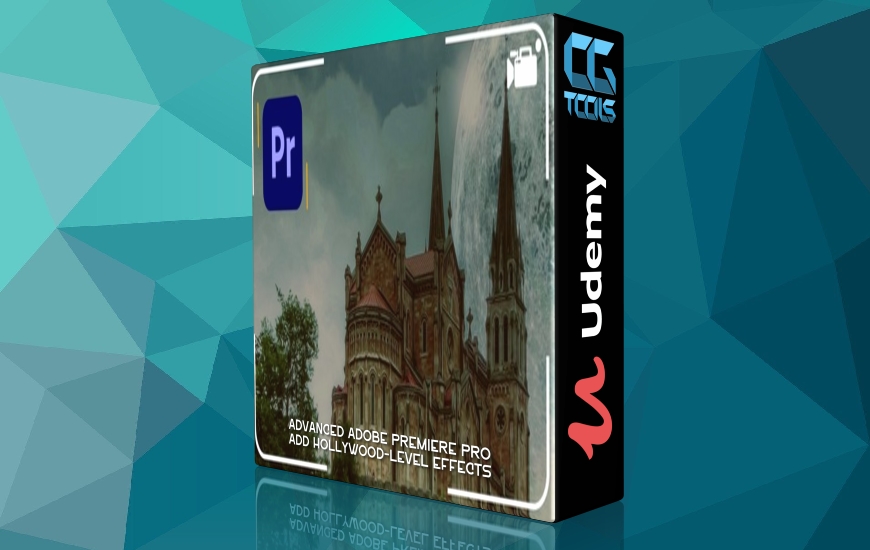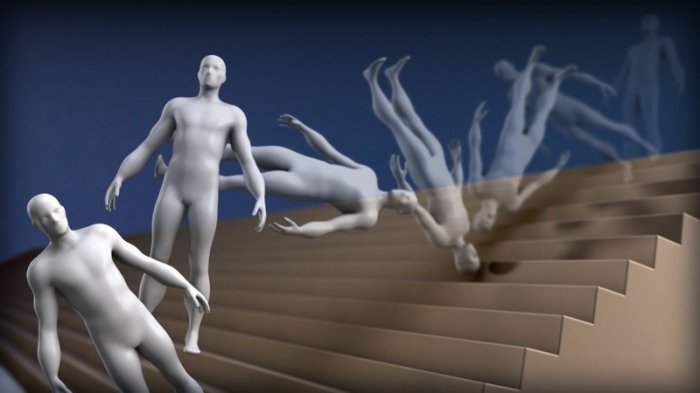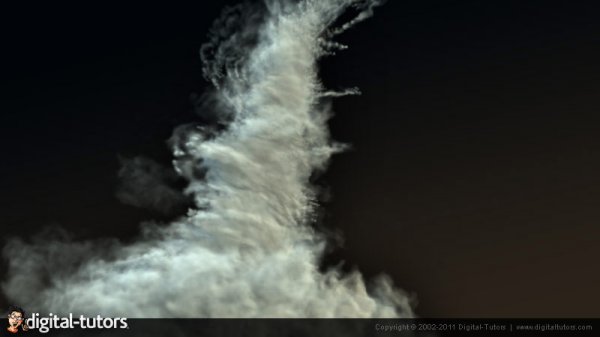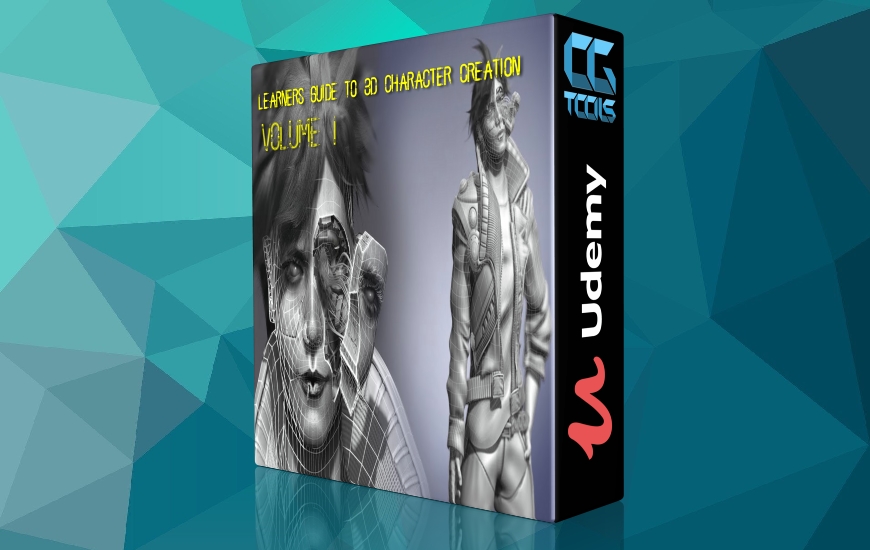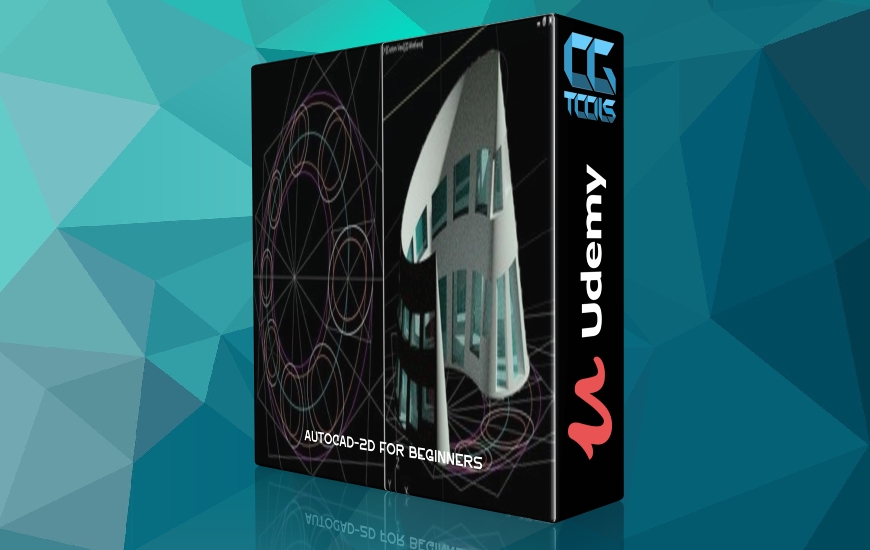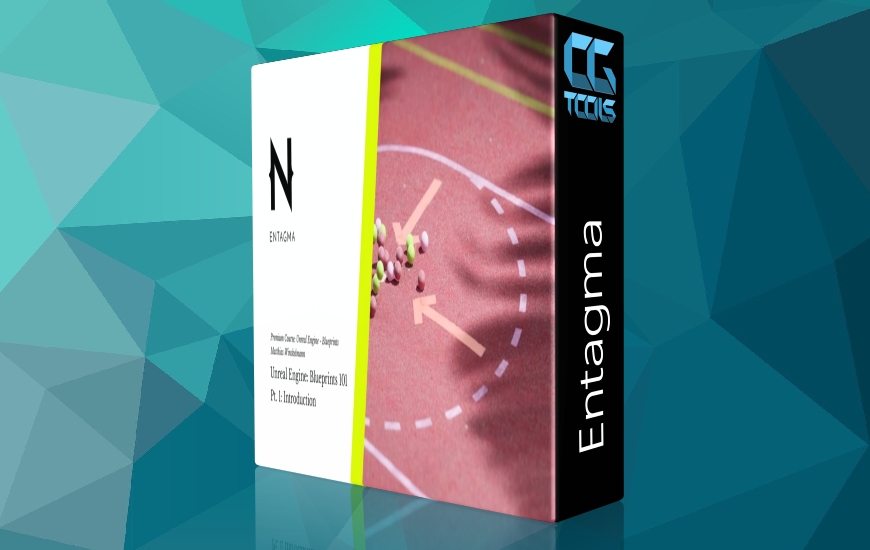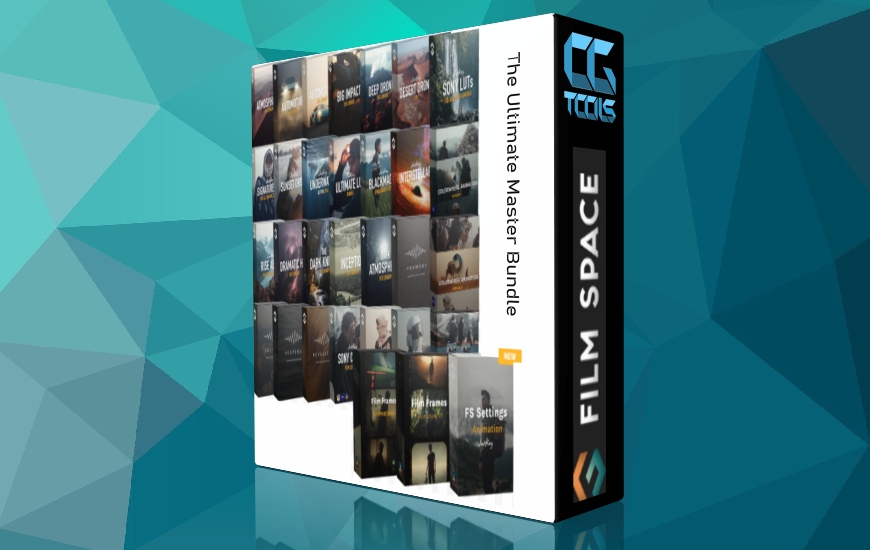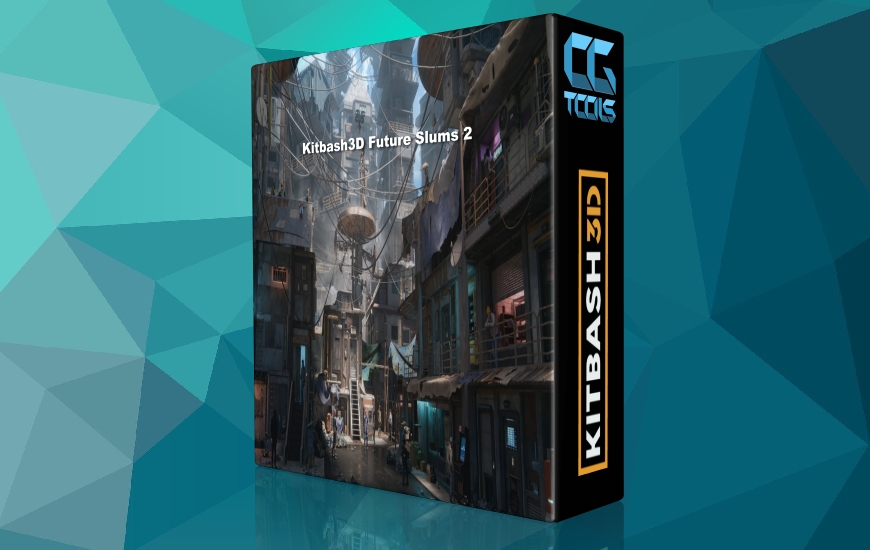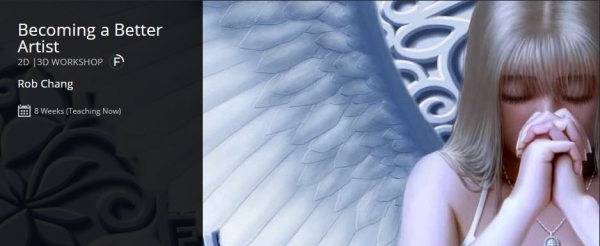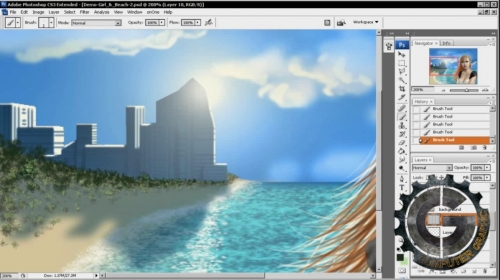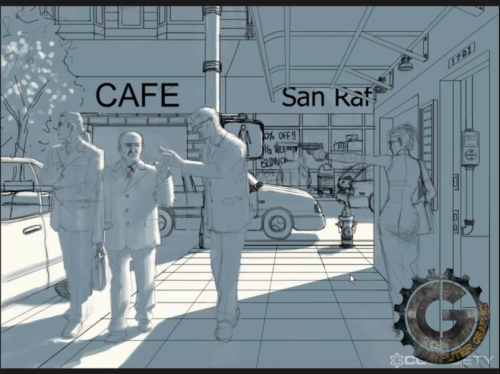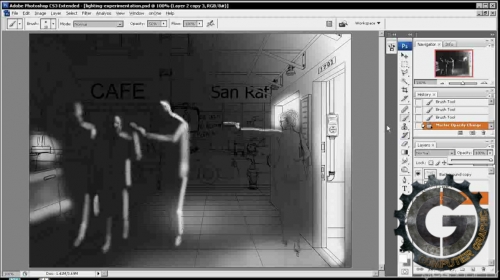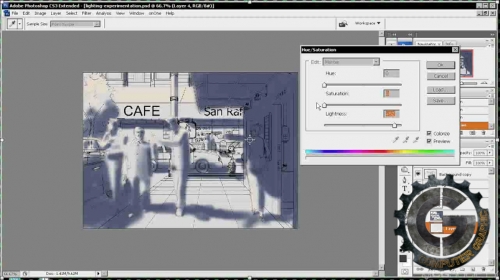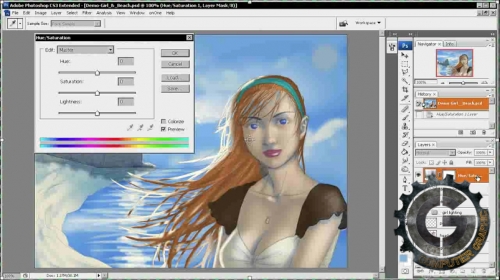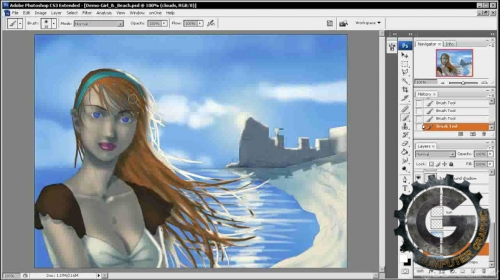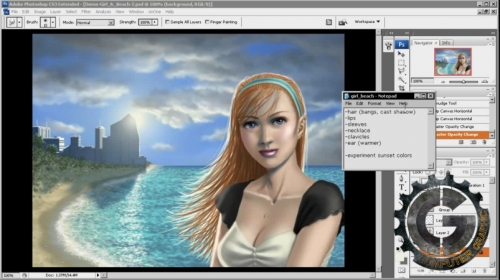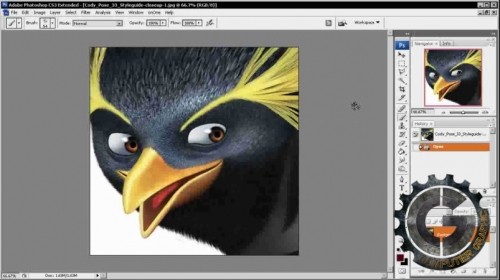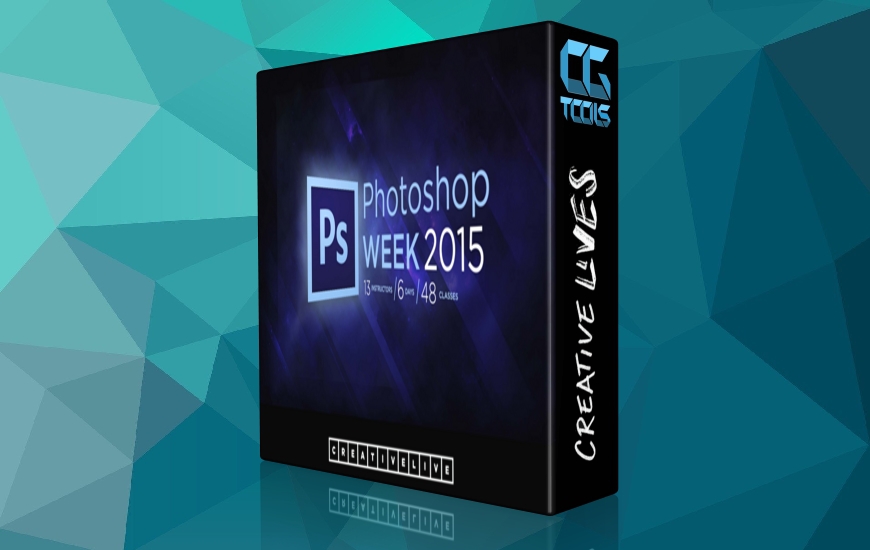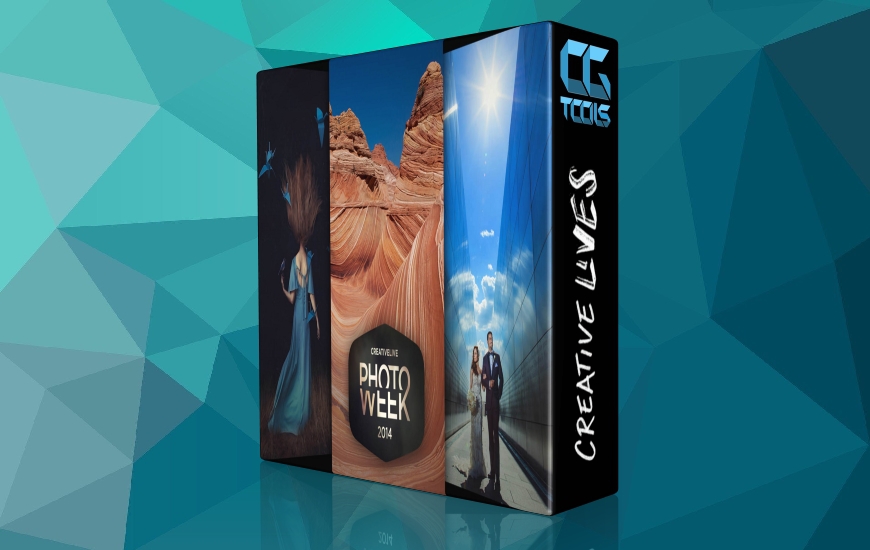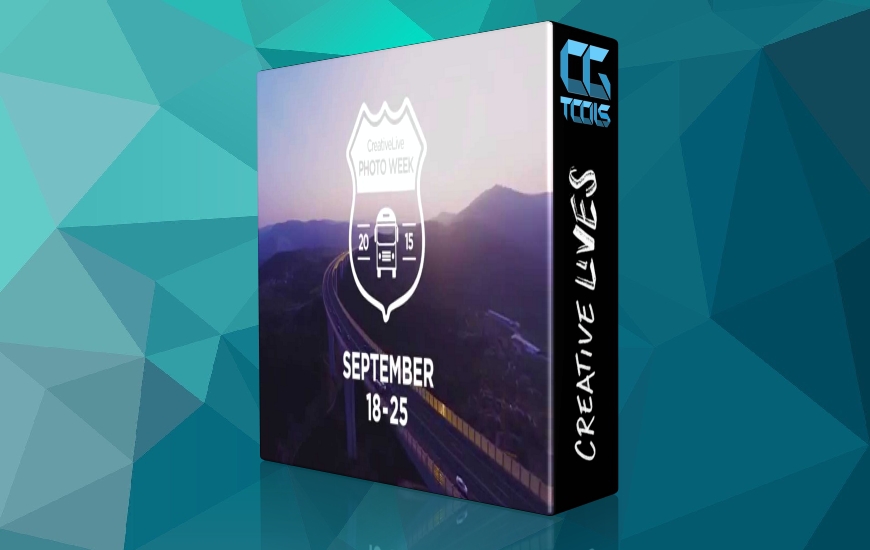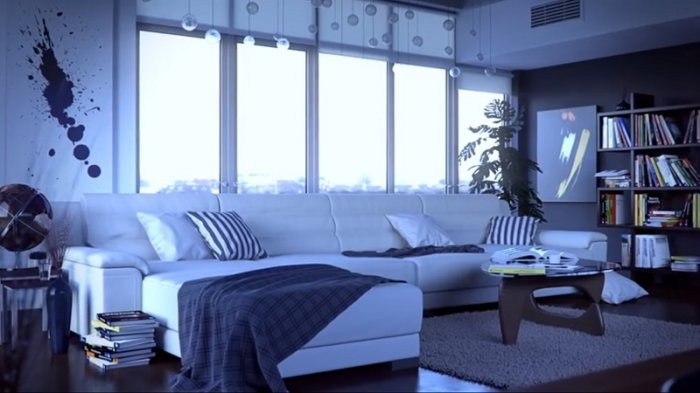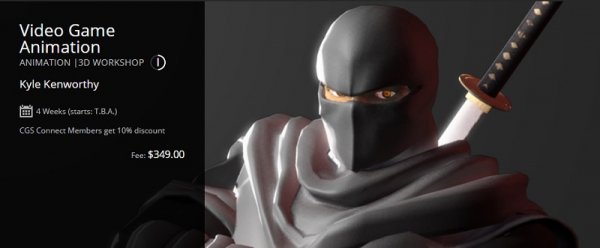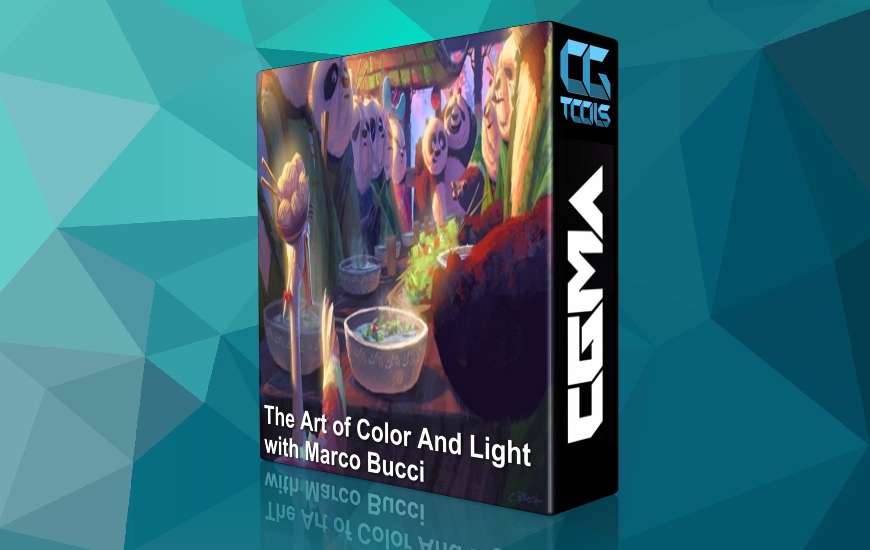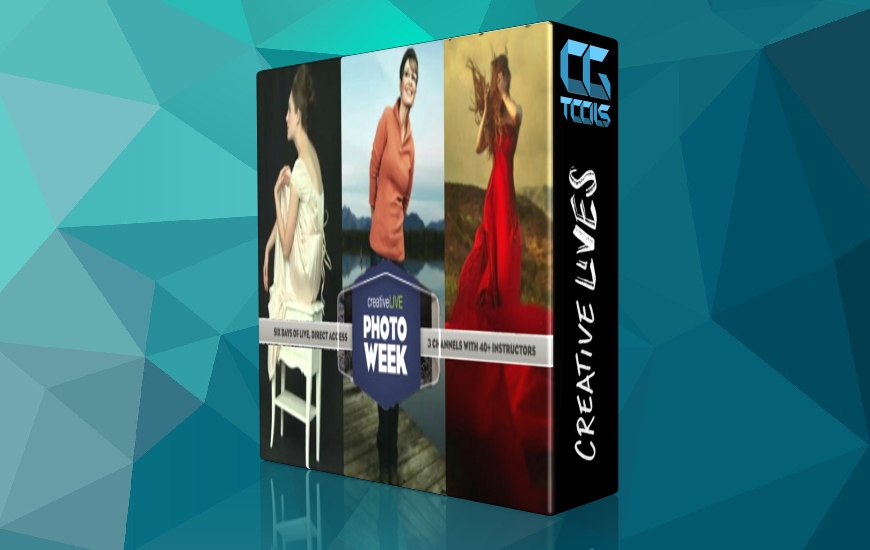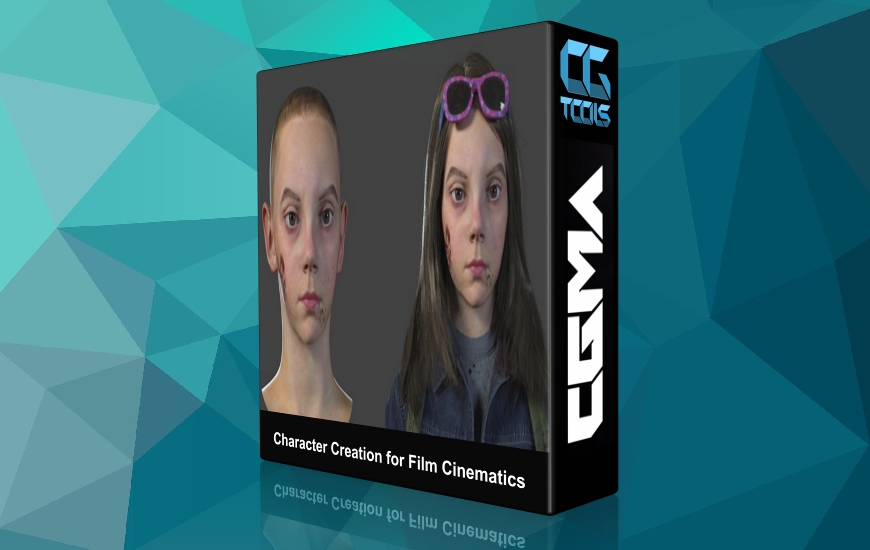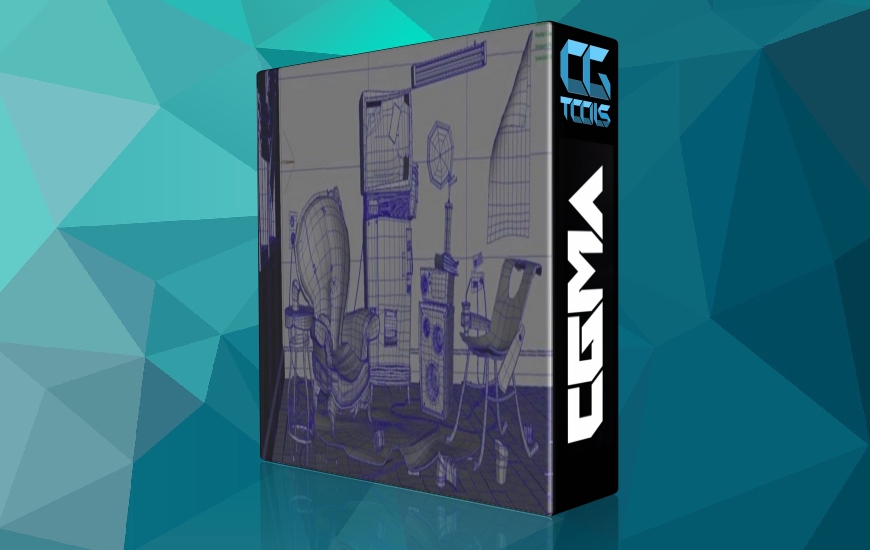Robert Changandrsquo;s andldquo;Becoming a Better Artistandrdquo; has been one of the most popular courses weandrsquo;ve ever run at CGWorkshops. Why? Because no matter what area you specialize in as a visual artist (3D, 2D, film, animation, comic books, games, illustration, visualization), this course will teach you the most critical knowledge, techniques, and creative approaches that today's artists working in highly competitive industries must know in order to function as a confident and authoritative creative force.
Have you been feeling frustrated and helpless in your artistic growth and career development, as if youandrsquo;re stuck perpetually in one spot and cannot move forward? Has hoarding all kinds of instructional material been mostly unhelpful, because you donandrsquo;t know how to utilize all that information, or which ones to trust? Were you disappointed by the past classes you took, because they didnandrsquo;t teach you what you really needed to know to excel as a visual artist? Do you know a lot of theory and can critique other peopleandrsquo;s work, but your own work doesnandrsquo;t seem to be getting any better?
This workshop was designed to lead frustrated artists out of the dark, regardless if they are professionals or beginners. Past students ranged from working art directors, concept artists, technical directors, 3D production artists, animators, illustrators, fine artists, comic book artists, graphic designers, photographers, to aspiring artists, hobbyists and total beginners, and this course has helped them attain the kind of breakthrough they have struggled to achieve for years with no clear results. Many past students have described the workshop as an intense boot campandmdash;one that trains you in creating artistically and technically excellent works, as well as teaches you how to develop a compelling creative vision that more than just entertains, but also evokes emotional and intellectual resonance.This course will also help troubled artists who are suffering from unhealthy biases and emotional/psychological baggage due to feeling lost and insecure for so long, and give them back the joy of creativity so they can enjoy their passions again.
Throughout the workshop, you will learn highly flexible and powerful techniques you can add to your creative arsenal, and the weekly assignments will push you to restructure your mind with eye-opening insights that will forever change the way you approach creative problem-solving in visual art. You will also learn to overcome insecurity and gain confidence in your abilities, break free of bad habits and develop positive ones, and learn how to separate effective, practical truths from time-wasting misinformation. You will learn exactly how and where you should be spending your time and energy in your artistic development, and how to avoid pitfalls and traps that will have devastating effects on your artistic growth.
A very special bonus perk unique to this workshop, is theBetter Artist Lounge, created especially for the alumni students of the workshop. Once a student finishes the workshop, he'll be granted access to the private forum, where Rob will continue to mentor the students by helping them with their personal artistic and career development strategies, answering questions, giving critiques, sharing resources, as well as continue to expand and update the workshop course material to the latest version that is being offered to future students. All of this is offered free of charge, and with permanent access. Alumni students will also enjoy the privacy of a small but tight-knit community of like-minded artists, and being away from the public eye of large open forums makes it a great place for intimate friendships, honest discussions, as well as mutual support. You will never be ignored or bullied the way you might be in large open forums. Many past students have commented that the private alumni forum is the crowning jewel of the workshop, because it is a long-term mentoring program that goes far beyond what the original enrollment fee covered.
In Rob's own words: "If you become a student of mine, I remain your mentor for as long as you still need me, even long after the workshop has ended. I have made this promise to all of my past students and I have kept that promise. There are students from the earliest runs of the workshop that I still help regularly today. I have a very traditional philosophy regarding the sacred responsibilities of a teacher, and to me, a teacher-student relationship is for a lifetime. Your enrollment in the workshop is not really about what you will learn from the 8 weeks of lecture notes, videos, discussions, and critiques, but what you can learn from a long-term mentor who will be there for you throughout your artistic development.andrdquo;
Robertandrsquo;s broad, multidisciplinary background makes him a great lecturer for this course, which approaches the essential foundations and advanced concepts of visual art from refreshing and unique perspectives unlike any youandrsquo;ve seen, and show you how to utilize them in a rapidly changing professional environment.
Please Note: The heart and soul of this workshop is the mentoring of the students by the instructor, through direct interaction, in-depth critiques and discussions, answering of difficult and complex questions asked by students, and careful monitoring of the studentsandrsquo; growth and development so the mentoring can be catered to each studentandrsquo;s specific needs and personality. This is the most important aspect of the workshop, and it is what made this workshop so popular.
The lecture notes and videos are the two other aspects of the workshop, and they tackle different areas of each week's focus. The videos are mostly supplemental and aimed mainly at beginners, while the lecture notes are the main focus and contain the most sophisticated and advanced concepts. The interaction between students and instructor in the form of in-depth, thoughtful critiques for the assignments, is what takes the lessons from theory to execution, and in turn, allow the students to really absorb the knowledge and utilize them effectively.
Students will be given assignments each week that push them to think creatively, experiment, and try different approaches to solve problems and find the most effective way to communicate their visual ideas. Through extensive feedback and thoughtful critiques, the students will make great strides in ways they could not have on their own without a mentor to guide them through the journey.
The workshop assignments do not have deadlines, so you can work on them at your own pace, according to your work/school/family schedule. You will always get critiques and answers to your questions, no matter how late you hand in the assignments (even if it's weeks or months later). There are also no time-zone concerns, because all communication is done via the forum. So regardless if you are a busy professional, student, or have family obligations, you don't have to worry about not having enough free time for this workshop.
WHAT YOU WILL LEARN
This workshop contains four main components:
1. Critical foundations of visual art
2. Advanced creative concepts
3.Common pitfalls, career development, and creative fulfillment
4. Powerfully flexible digital workflow and advanced techniques.
The foundation component will cover the essential foundations of visual art that all competent artists must grasp--such as composition, lighting, values, color, etc, and explores depths not easily found in other instructional materials/courses. Students will discover that what they thought they already knew from books and classes were merely the tip of the iceberg, and thereandrsquo;s so much still beyond their initial understanding. Other important topics include how to depict natural and expressive characters through psychological and physiological analysis, and an extensive section that covers a wide-range of drawing and painting techniques.
The advanced component tackles highly complex and sophisticated subjects that often confound even professional artists, and are rarely taught or properly explained in-depth by instructors and authors--subjects like the anatomy of visual vocabulary, the components of stylization, creating appropriate styles for specific intellectual properties, reconciling aesthetics and taste, adapting the techniques of good fiction writers for visual narratives, how to inject your emotions and intellect into your work even when doing commercial work for clients/companies, effective surface treatment for intended purpose, manipulating values for stylization, and more.
The third component of the course will guide students through the methodologies and creative approaches of advanced artists and visual storytellers, important career development tips, the quest for creative and personal fulfillment, and steer students away from all the common pitfalls that both advanced and novice artists often fall into--pitfalls that can sometimes destroy careers and the passion to create. Learn how to face insecurity, self-loathing, lack of discipline and motivation, lack of focus and decisiveness in your creative choices, loss of proper perspective in the relationship between your dreams and your life, and emotional baggage that can cripple you and prevent a fulfilling life of creativity and passion.
The fourth component of the course is a full arsenal of secret weapons that advanced professionals use on a daily basis; Workflow that allows them amazing flexibility, astounding speed, and absolute control. These are highly practical and productive techniques that once the students learn them, will never want to live without ever again.
In Rob's own words: "While putting together the material for this workshop, I came to the realization that the entire course is essentially the absolute distillation of the most essential things I have ever learned as an artist to date, and if I could travel back in time and spend eight weeks with my younger self, these are the very things I'd want him to learn."

